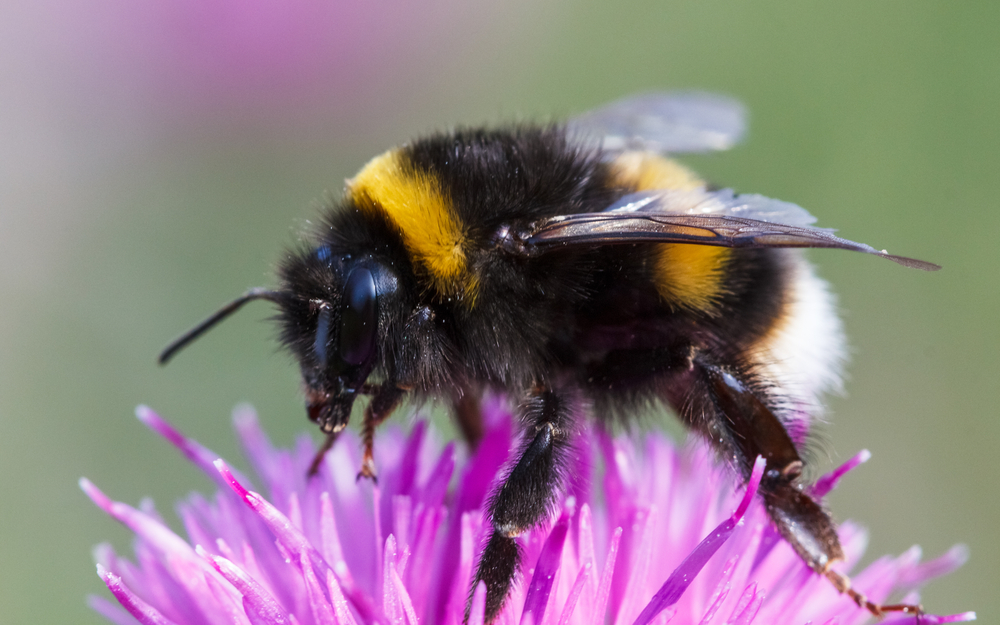In the wonderful world of bumblebees, a stunning discovery calls into question the idea that intelligence is entirely determined by brain size. These tiny insects, with brains the size of a seed, have astounded scientists by exhibiting a degree of collective intelligence previously thought to be unique to humans.
According to the study’s authors, “This finding challenges a common opinion in the field: that the capacity to socially learn behaviors that cannot be innovated through individual trial and error is unique to humans.”
Breaking human-centric boundaries: bees and the evolution of intelligence
The long-held idea that humans have a monopoly on certain characteristics of intellect is constantly shifting. From cultural customs to precise tool use, animal communities, including bumblebees, are rewriting the storyline. Even with their little minds, bumblebees, like chimps, call into question the concept of human exceptionalism.
According to Alex Thornton, an ecologist at the University of Exeter, “Bumblebees join chimpanzees in ‘casting serious doubt on this supposed human exceptionalism.'”
Bumblebees: a journey from underestimation to scientific marvels
Bumblebees, which are commonly underestimated due to their size, are emerging as scientific marvels. Recent laboratory trials demonstrate their ability to learn, utilize tools, count, and solve simple mathematical equations. Their hive mind’s collective intellect demonstrates the complexity lurking beneath these buzzing beauties.
As behavioral scientist Alice Bridges states, “The collective intelligence of their hive mind is also not to be dismissed.”
To determine the level of bumblebee intelligence, researchers provided them with a two-step challenge. The bees, which were of the Bombus terrestris species, struggled to solve it on their own, despite having up to a third of their lifetime foraging time available. However, once one bee cracked the code, it was able to efficiently teach others, demonstrating a novel type of collaborative learning.
According to the study‘s authors, “To teach the ‘demonstrator’ bees the non-intuitive solution in the first place, researchers had to show them what to do and offer them a reward after the first step to keep them motivated.”
Bumblebee culture: passing knowledge across generations
While the observed behavior necessitated initial instruction, it opened the door to the intriguing prospect of a shared bee culture. Similar to the honey waggle dance, which was once thought to be instinctive, these discoveries point to the potential for rare innovators in bee society, whose ideas could alter future generations’ collective knowledge.
Bumblebee learning capabilities
Previous tests, such as training bumblebees to roll balls for incentives, demonstrated their ability to learn and repair mistakes. These hardworking insects have demonstrated that they are not only driven by instinct but also can adapt and learn from shared experiences.
Alex Thornton goes on to say, “The newest experiment suggests that the ability to learn from others what cannot be learned alone should now join tool use, episodic memory, and intentional communication in the scrap heap of explanations for human cognition and culture.”
Source study: Nature—Bumblebees socially learn behaviour too complex to innovate alone











